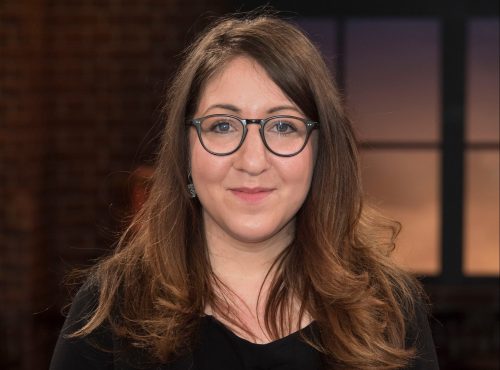


A paragraph describing herself bicycling through Paris begins: "I biked nervously" a few sentences on, the author says: "I cycled leisurely." Similarly, poor turns of phrases like "I found myself in Paris" could easily have been cleaned up. Any decent editor should have picked up on the inconsistencies in the writing itself. Though it's scant consolation, Feldman may not be the only one at fault for the way this book turned out. Noting that she does not want to expose him to the Holocaust, she goes on to say: "I decided to show him 'Fiddler on the Roof,' to explain to him what Jewish life had once been like, without exception." Surely there are other options, and it speaks poorly of Feldman that she can come up with nothing better. What's truly shocking is the fact that, in her quest to create for herself a sense of Jewishness quite apart from the kind she was raised with, and to convey an understanding of Jewish history and identity to her young son, Feldman is at a loss.

As she walks through the Jewish ghetto in Paris, Feldman is inexplicably "struck" by the fact that the Williamsburg in which she was raised "was a ghetto." The book is rife with such hyperbole, as when Feldman, recounting her reaction to a Nazi propaganda poster in the Art Institute of Chicago, notes that "nothing could have prepared me for its assault on my consciousness." Elsewhere she is "shocked" and left "gaping" by events and conversations that hardly warrant such dramatic responses.


 0 kommentar(er)
0 kommentar(er)
